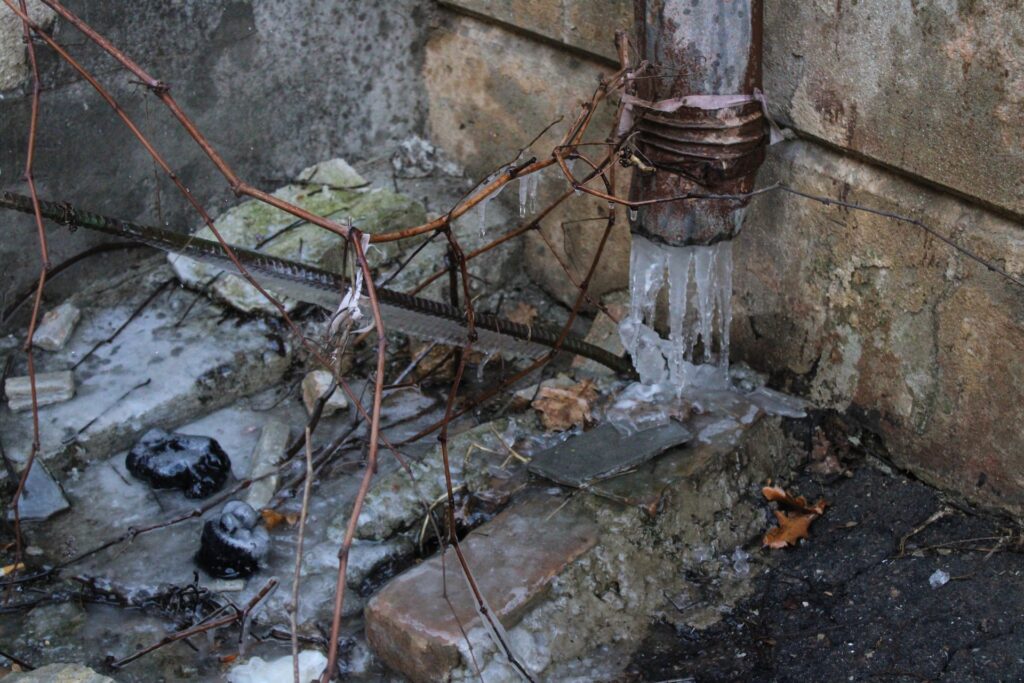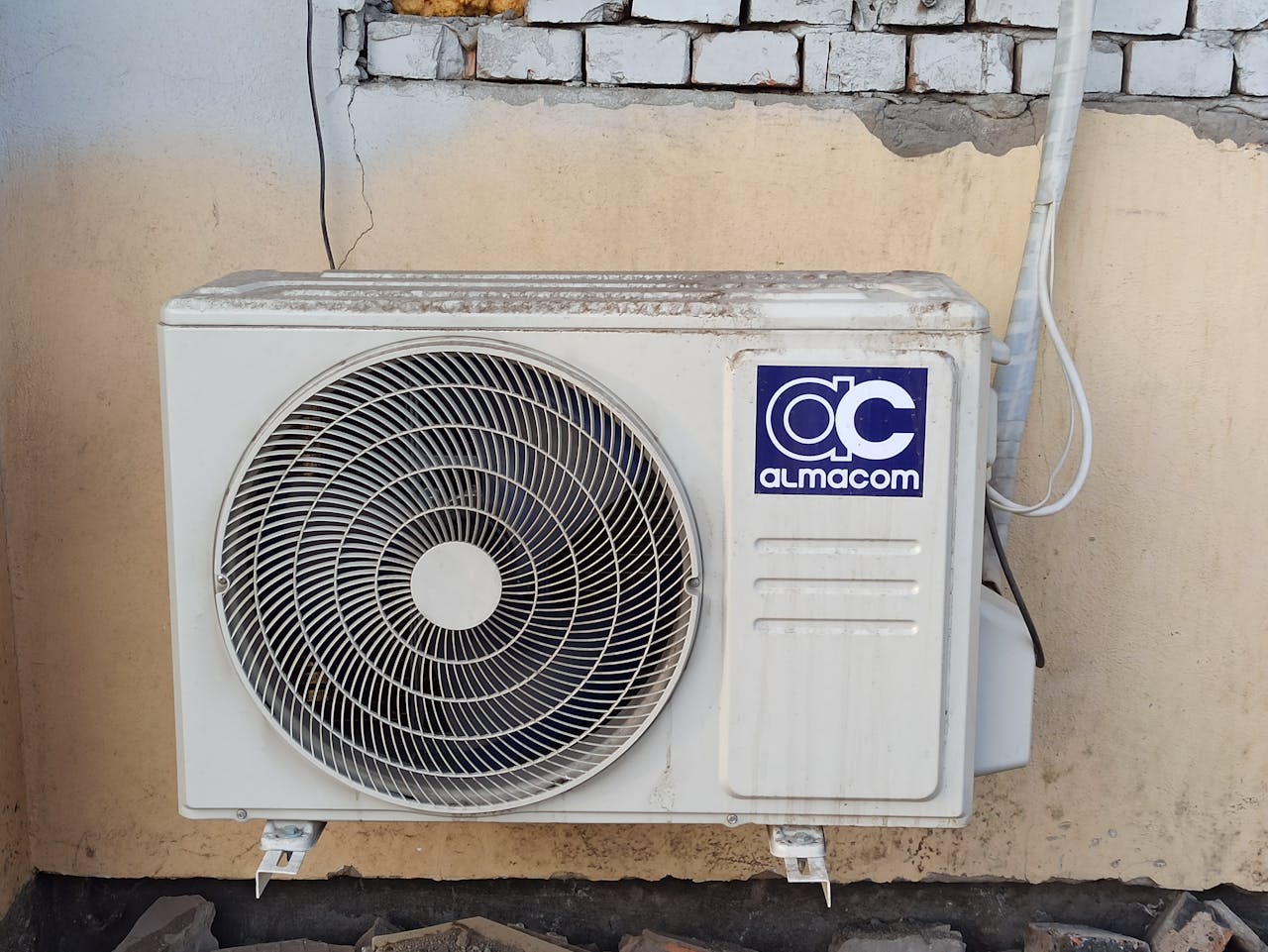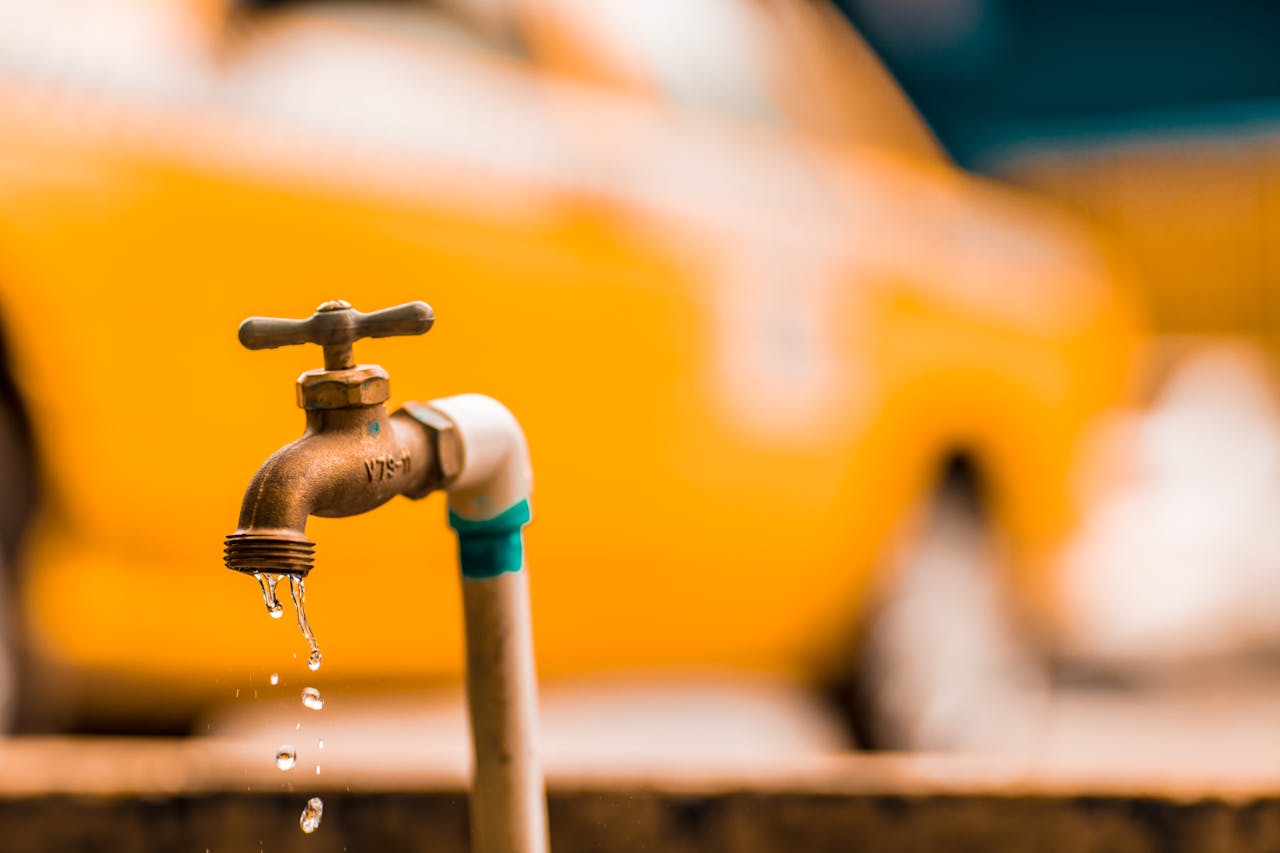Freezing temperatures in Denver, CO can lead to a common yet hazardous issue – frozen pipes. When water freezes within pipes, it expands and puts significant pressure on the plumbing system, potentially causing leaks, bursts, and expensive water damage. By implementing preventive measures, homeowners can effectively safeguard their pipes against freezing, ensuring the uninterrupted functionality and longevity of their plumbing.
Here, we provide a comprehensive overview of preventive measures and expert tips to help you keep your pipes from freezing in Denver, CO. Rely on Doctor Fix-It Plumbing, Heating, Cooling & Electric, the trusted provider of expert plumbing, HVAC, and electrical solutions in the area, to guide you through the process of protecting your plumbing from the dangers of freezing temperatures. With the right interventions and maintenance, you can ensure a fully functional and hassle-free plumbing system throughout the chilly Denver winter months.
1. How Frozen Pipes Affect Your Home’s Foundation
When water inside your pipes freezes and expands, it can exert immense pressure on the pipe walls. If the pressure becomes too high, it can cause the pipes to crack or burst, releasing significant amounts of water into the surrounding area. This accumulation of water around your home’s foundation can lead to a variety of structural issues:
- Soil erosion: Excess water seeping into the soil around your foundation can cause erosion, leading to an unstable base for your home. This can result in foundation settlement, which may manifest in cracked walls, uneven floors, and other structural problems.
- Hydrostatic pressure: Frozen pipes can also increase hydrostatic pressure within the soil, placing additional strain on your foundation walls. Over time, this can cause bowing or cracking in the walls, weakening the structural integrity of your home.
- Expansive soils: Many parts of Denver have clay-rich soils, which can expand when saturated with water. When frozen pipes leak and add moisture to the soil, the resulting expansion can put immense pressure on your foundation walls, causing damage or even collapse.
2. Impacts on Home Infrastructure: Damage Beyond the Foundation
While the foundation is a critical aspect of your home’s infrastructure, the consequences of frozen pipes are not limited to foundation-related problems. Other components of your home can also be impacted:
- Basement flooding: When pipes burst, water can quickly flood your basement, leading to extensive water damage, mold growth, and potential structural issues. Flooding may also damage your heating, ventilation, and air conditioning (HVAC) system, electrical systems, and any appliances or personal belongings stored in the basement.
- Wall and ceiling damage: If frozen pipes burst within your walls or ceilings, water can infiltrate the drywall, insulation, and other materials, leading to discoloration, sagging, or even collapse. In addition, moisture trapped within walls can create a breeding ground for mold and mildew, posing health hazards for your family.
- Damage to utilities: Frozen pipes can cause disruptions to your home’s water and sewage systems, damaging water heaters, wastewater pipes, and other associated equipment. Additionally, water damage from burst pipes can increase the risk of electrical shorts or damage to your electrical system.
3. The Cost of Repairing Frozen Pipe Damage
The financial impact of frozen pipes should not be underestimated. In addition to the cost of repairing or replacing damaged pipes, homeowners may need to address various related expenses, such as:
- Foundation repairs: Depending on the extent of the damage, foundation repairs can be costly and time-consuming. Homeowners may need to invest in measures such as wall anchors, underpinning, or helical piers to stabilize their foundation and prevent further settlement or deterioration.
- Water damage restoration: Water damage from burst pipes can require extensive cleanup and restoration efforts. This may include vacuuming or pumping standing water, removing damaged materials, disinfecting and dehumidifying the affected areas, and replacing damaged drywall, insulation, and flooring.
- Mold remediation: If mold growth has been triggered by moisture infiltration, professional mold remediation may be necessary to remove the mold and ensure a safe living environment for your family.
- Loss of personal belongings and home value: Burst pipes and subsequent water damage can also lead to the loss of valuable personal belongings or a decrease in your home’s overall value.
4. Preventing Frozen Pipes and Protecting Your Home’s Foundation and Infrastructure
To mitigate the risks associated with frozen pipes, Denver homeowners should take proactive steps to protect their plumbing systems and their home’s foundation and infrastructure:
- Insulate your pipes: Proper insulation is key to preventing frozen pipes. Utilize pipe insulation materials, such as foam or fiberglass, to wrap pipes in unheated or poorly insulated areas of your home.
- Keep the heat on: Maintain indoor temperatures at or above 55°F (13°C) during cold weather, even if you’re not at home. This helps keep the ambient temperature around your pipes above freezing.
- Seal openings and gaps: Identify and seal any openings or gaps that may allow cold air to enter your home, especially around water pipes and foundation walls.
- Disconnect outdoor hoses: Disconnect and drain outdoor hoses and shut off the water supply to exterior faucets to prevent freezing.
- Monitor your home’s water pressure: A drop in water pressure may indicate a frozen pipe. Address the issue immediately to avoid potential pipe damage or bursts.
By taking these preventive measures and understanding the potential impacts of frozen pipes on your home’s foundation and infrastructure, Denver homeowners can better protect their properties and minimize the risks associated with winter plumbing hazards.
Secure Your Home’s Foundation with Doctor Fix-It Plumbing, Heating, Cooling & Electric’s Expert Services
Frozen pipes can have far-reaching consequences for your home’s foundation and infrastructure, posing significant risks to its structural integrity and long-term value. Safeguard your property and protect your investment with the expertise of Doctor Fix-It Plumbing, Heating, Cooling & Electric, the leading provider of plumbing, HVAC, and electrical solutions in Denver, CO.
Contact us today for a comprehensive assessment of your home’s plumbing system and foundation. Our skilled plumbing contractor in Denver, CO, is dedicated to providing reliable inspections, expert guidance, and top-quality services to help you prevent and address frozen pipes, ensuring the safety and stability of your home’s foundation and infrastructure. Trust Doctor Fix-It Plumbing, Heating, Cooling & Electric to guide you through the process with unparalleled professionalism and care, affording you peace of mind in the face of Denver’s winter challenges.

















